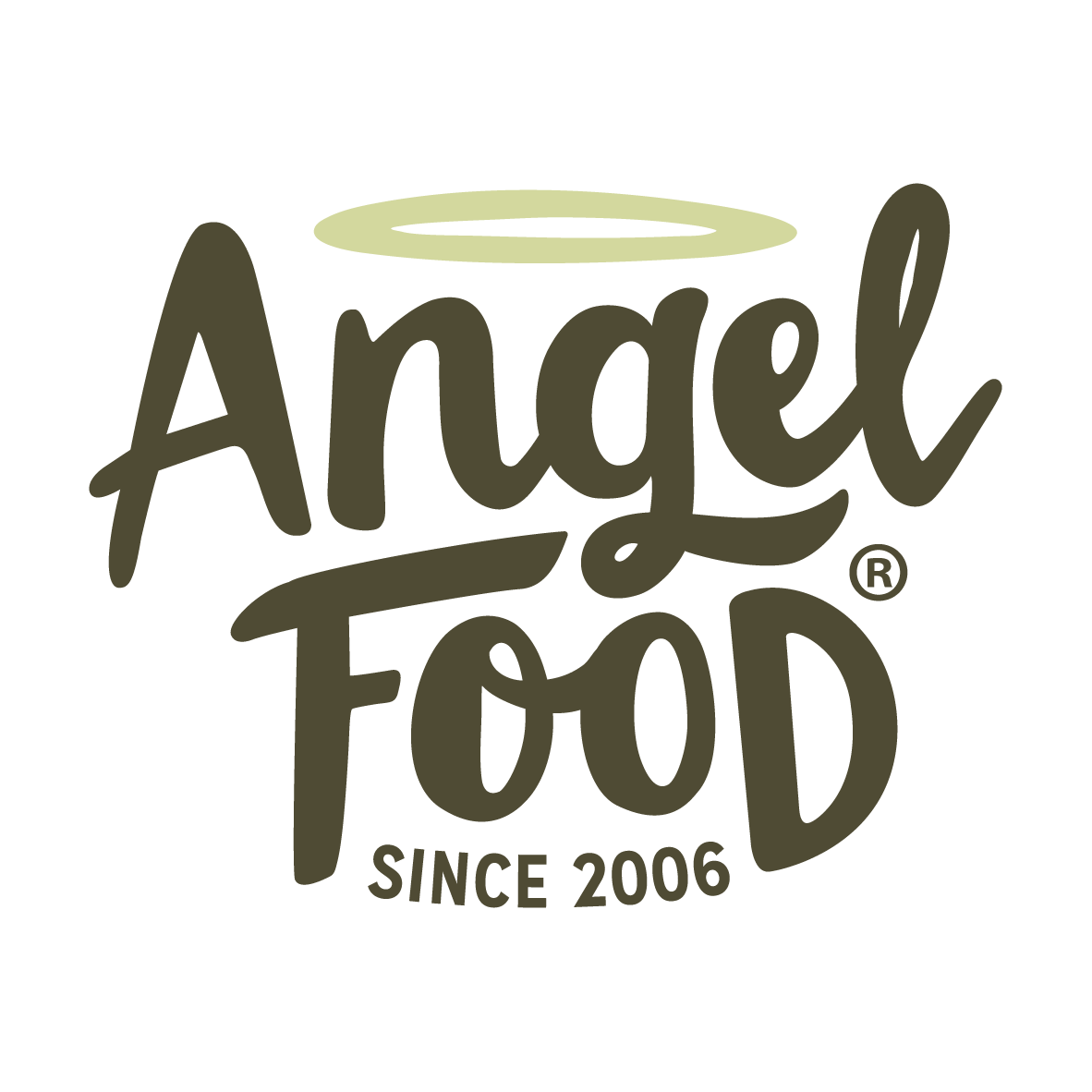Growing up non-vegan: part 2
January 11
By Alice Shopland, founder of Angel Food
I’m marking Veganuary 2025 by publishing a blog post a day.
When my sister and I were kids we all went tramping at the weekends, and for our holidays we went camping. My father got pneumonia one winter which was significant because it prompted the purchase of a television AND a holiday in a Rotorua motel. The toaster in the motel was one of those with flip-down sides; we burnt a lot of bread and fed it to the black swans on the lake. I believed Dad when he said they were black because everybody was feeding them burnt toast.
Apart from that one time, our holidays were always in the countryside or the bush. We’d reach the farmland at the edge of the city and feel like our holiday had begun. Land used for farming animals looked natural to me and I loved seeing the cows and sheep in the fields.
These days when I travel through rural Aotearoa New Zealand, I don’t see happy-go-lucky farm animals and lush fields; I see animals exploited for their biology and land denuded of its native forest.
I remember a friend who’d grown up in Samoa saying how barren Aotearoa New Zealand’s countryside looked to him compared with the tropical forests he knew. I understood his comment once I’d seen Samoa’s lush jungle for myself. But at the time his comment jarred with my perception, and I think I was slightly offended on New Zealand’s behalf – which is why I remember that off-hand remark 40 years later.
For two summers when we were kids we camped at a river-side Department of Conservation site in the bush near Thames, on the Coromandel Peninsula. The second time the all-important peace and quiet was shattered by a big family group with a loud diesel generator and copious supplies of alcohol, so we packed up and relocated to a more remote campsite further up the Peninsula which had been recommended to us. The camping ground was on the Goudie family farm near Colville. Because our corgi Karla was with us, we couldn’t set up at one of the main beachfront sites but were relegated to ‘the dog paddock’ up on the hill. We loved it and returned several years running. Mum and Dad slept in our fold-out ‘Campomatic’ camping trailer, while Sue and I had the orange cotton pup tent. I loved waking up in that tent, with the morning sun making the orange fabric glow. Mum and Dad had bought the tent when they were first married and had camped in it many times in England, Wales, Norway, France and Germany before we emigrated to Aotearoa New Zealand.
At Goudies’ farm, we bought bait catchers and fishing reels and sat on the wharf for hours; Dad made flounder spears, and we went wading in the estuary at low tide, moving slowly and splashing as little as possible to sneak up on them. Flounders are flat fish which camouflage themselves with sand so they can be difficult to spot: a few times I accidentally stood on one, squawked loudly and jumped, letting the flounder get away. I was squeamish about catching and killing fish, but I did like cooking them over the campfire and eating them. We also ate tuatua we’d dug up at the beach when the tide was out: I wasn’t so keen on those because often they had sand (grit in your teeth, yuck) or small crabs tucked away in their shells. I got food poisoning from tuatua once and vomited in the middle of the night out the door of the little orange pup tent.
At the farm, there were Jersey cows, and we would buy unpasteurised milk from the farmer. Sue and I loved visiting the cows, who were friendly and loved a good head-scratch. There were pigs, too: I don’t remember seeing them, but I do remember hearing them scream and having fresh bacon later that week. We didn’t talk about it.


